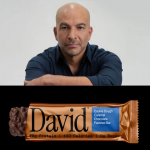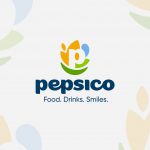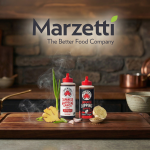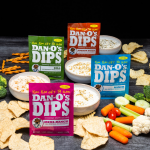FDA Issues Guidance for GRAS Panels

Food manufacturers are highly motivated to get their products deemed safe, but some may have gone to greater — and verging on unethical — lengths to assure that recognition.
Any time food or beverage manufacturers use a new ingredient or an existing ingredient in a new way, they are required to have that additive certified as “generally recognized as safe” (GRAS) by either the U.S. Food and Drug Administration (FDA) or a third-party group of qualified experts. However the process in which those ingredients have been approved as GRAS has not been without issue, leading the FDA to publish new guidelines aimed at addressing its shortcomings.
Last week, the FDA issued a guidance to food manufacturers on the best practices for using third-party certification. The goal is to avoid claims of bias or accusations of a conflict of interest against the hired experts.
The guidance — which is open for comment “indefinitely” — creates a playbook for how to form a panel of experts. Specifically, it details how to identify GRAS panel members with relevant and balanced expertise, outlines steps to reduce the risk that bias or the appearance of bias will affect the credibility of the panel’s report, and specifies that the panels only use published scientific data and methodologies in decision-making.
Questions regarding the process in which manufacturers select qualified experts to assess the safety of additives first arose in 2013. A report from the medical journal JAMA found that many third-party experts used by manufacturers to receive GRAS certification often have conflicts of interest stemming from financial relationships to the company in question.
The JAMA report found that of the 451 panel-approved GRAS notices voluntarily submitted to the FDA from 1997 and 2012, the majority were not submitted by third-party groups hired to oversee the process for a company, but rather by experts hired directly by the brands themselves. In fact, 22.4 percent were made by an employee of an additive manufacturer, 13.3 percent were made by an employee of a consulting firm selected by a manufacturer, and 64.3 percent were made by an expert panel selected by the manufacturer or a firm that was a consultant to the manufacturer.
Though not a mandate, the guidance suggests an acknowledgement by the FDA that a lack of independent review is affecting the credibility of GRAS determinations. According to the JANA report, conflicts of interest specifically have the potential to impact the safety of the food supply, “particularly in instances where the manufacturer does not notify the FDA of the determination.”
The FDA declined to comment for this article.
Additives to food are a fundamental part of the supply chain — whether it’s to add flavor, or enhance taste and appearance. Businesses are actively exploring adding new ingredients to foods and are using familiar ingredients in novel ways to gain an edge in today’s competitive food space.
Those businesses include vegan mayonnaise maker Hampton Creek. The company announced in September that the FDA issued a “no questions” GRAS notice for the use of the company’s mung bean protein isolate. Mung beans have long been used as an ingredient in food, but never as an egg-replacement.
“We had a very productive working relationship with FDA,” Hampton Creek CEO Joshua Tetrick told NOSH. “It is important that consumers have confidence in the GRAS process and accept that it is rigorous. To the extent that the draft guidance on best practices for GRAS panels helps to guide companies to ensure that GRAS determinations are sound and able to withstand scrutiny, it will help to improve consumer confidence.”
The FDA guidance is also noteworthy because it comes at a time when consumers are growing increasingly skeptical of Big Food, and instead looking to emerging brands that better align with their nutritional wants and overall values.
Tetrick noted the current conversation surrounding GRAS is necessary for the entire industry, and innovation as a whole, to thrive.
“For some time, [GRAS] has been the principal means by which new ingredients and new uses of old ingredients come to market, so the attention is not surprising.” Tetrick said, “In our experience, innovation is quite compatible with a rigorous GRAS process [which] is intended to be transparent. Industry should welcome scrutiny.”















